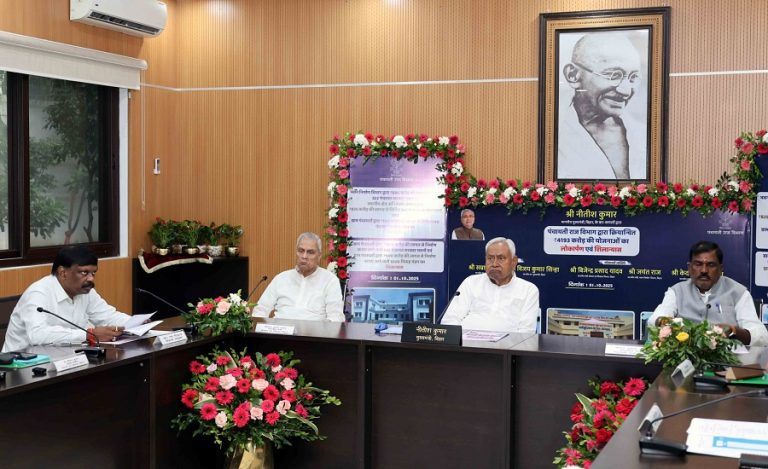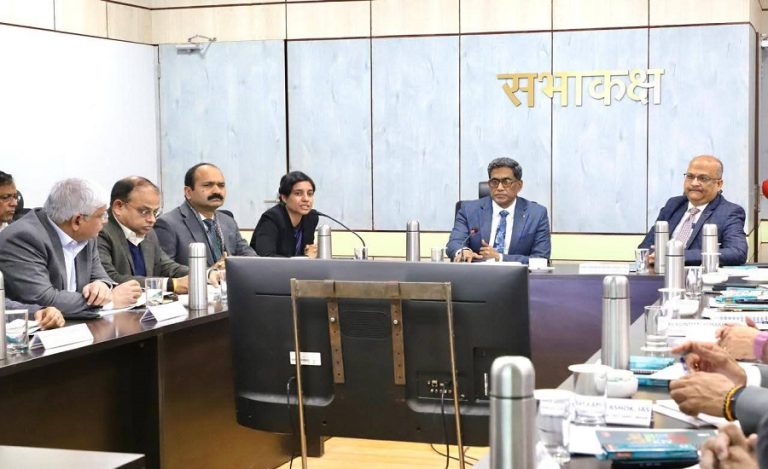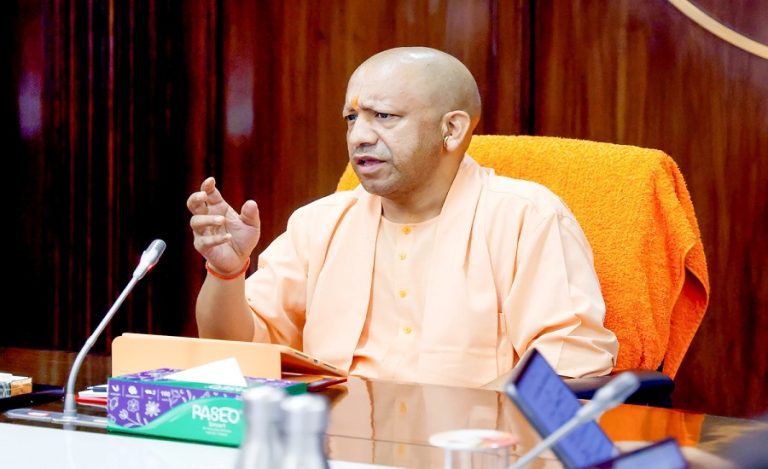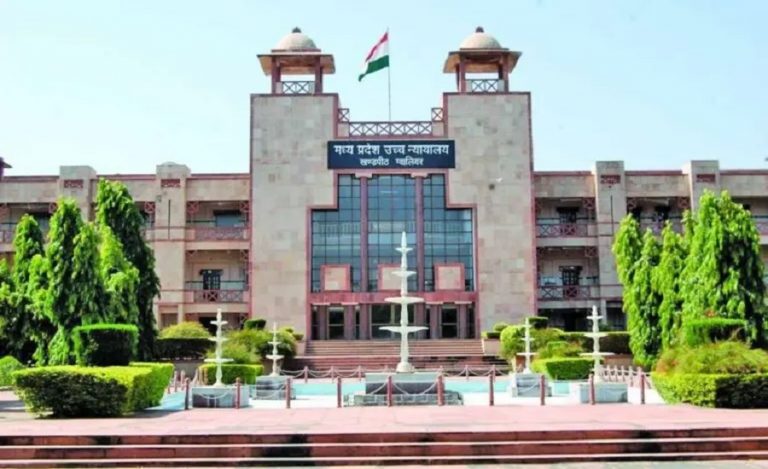New Delhi: On August 14, the Supreme Court sharply criticised the National Highways Authority of India (NHAI) for failing to maintain the Paliyekkara toll plaza stretch on National Highway 544 in Kerala. The Bench noted that despite collecting toll fees from commuters, road conditions remain unacceptable.
“It is also observed that the condition of the road continues to be bad,” the court said, adding that the situation has deteriorated to the point where emergency vehicles face delays. “A situation where even an ambulance can’t go,” remarked Chief Justice B.R. Gavai.
Bench Flags Neglected Service Roads
The Chief Justice further pointed out that the service roads, which should have been repaired and maintained, remain in poor shape. Justice K. Vinod Chandran, sitting on the Bench, was noted to be “directly aware of the matter” due to local familiarity.
The NHAI, represented by the Solicitor General, contended that the traffic bottleneck affected only a 2.5 km stretch and argued that the Kerala High Court’s earlier order to halt toll collection was flawed. The Supreme Court has set August 18 for the next hearing, indicating a detailed examination of the petitions then.
Kerala HC Had Ordered Toll Suspension
On August 11, the Supreme Court agreed to hear a petition challenging the Kerala High Court’s four-week suspension of toll collection at the Paliyekkara toll plaza in Thrissur district. The High Court’s order followed complaints of severe traffic congestion and delayed repair work on the Edapally–Mannuthy stretch of NH-544.
The petitioner’s counsel argued that the suspension was causing a financial loss of ₹50 lakh per day, calling the decision “unfair” and “damaging to the project financially.” He maintained that the High Court’s action was based on “alleged non-compliance with statutory requirements” rather than proven violations.
HC Cited Public Trust and Road Access
In its suspension order, the Kerala High Court made it clear: “Toll fees cannot be demanded from commuters when the highway access is compromised due to bad road conditions and resulting traffic snarls.”
The Bench emphasised that toll collection is tied to the NHAI’s duty to ensure “smooth and unhindered traffic flow.” It added: “The relationship between the public and NHAI is grounded in public trust, and when this trust is violated, the statutory right to collect tolls cannot be enforced on the public.”
The Supreme Court’s intervention now places the NHAI’s toll collection practices and maintenance obligations under direct judicial scrutiny.




























